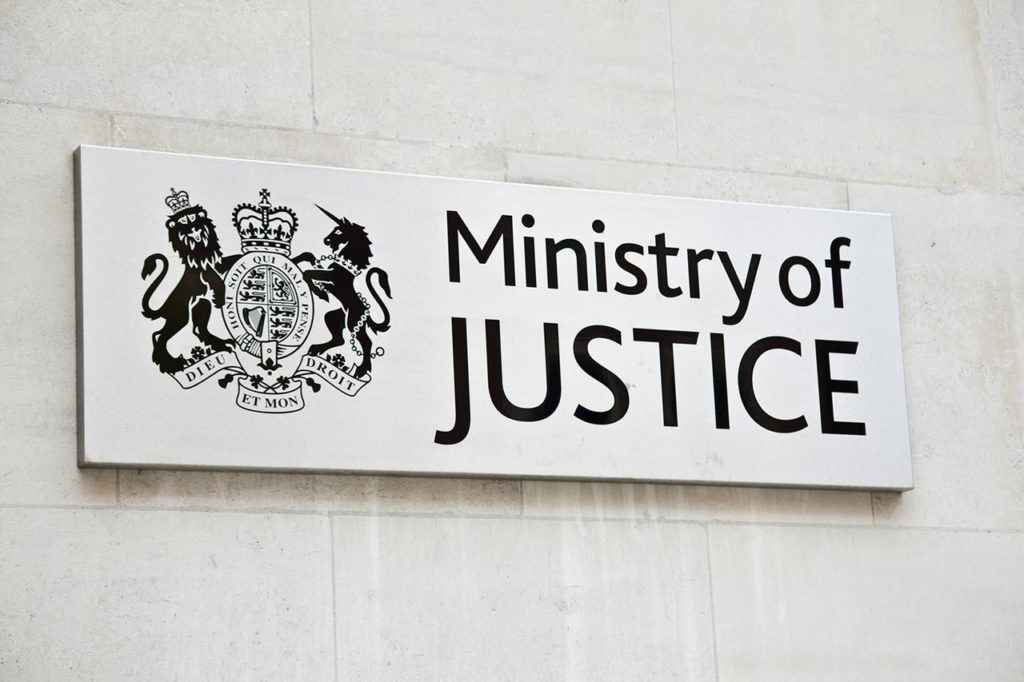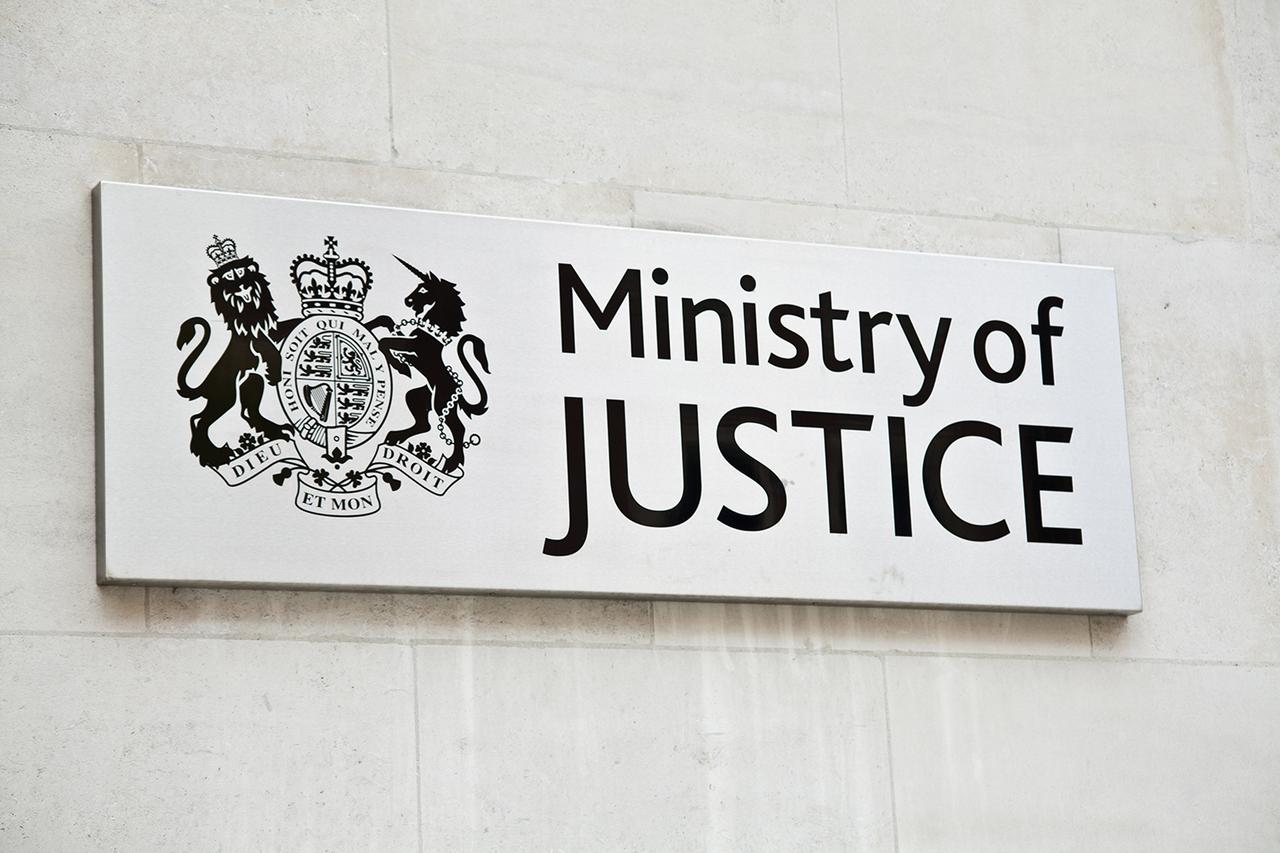Following a review of the criminal courts, legal experts argue that reforming joint enterprise laws could help resolve the growing crisis in the criminal justice system. The independent review, launched in December by Lord Chancellor Shabana Mahmood, sought ‘bold thinking’ to tackle the record crown court caseload.
Joint enterprise, which allows the prosecution of individuals for another person’s crime has come under scrutiny due to its disproportionate impact on Black defendants. Kim Johnson, Labour MP for Liverpool Riverside, cited data by the Crown Prosecution Service (CPS), that more than half of those prosecuted under joint enterprise were aged under 25, ‘with black youth 16 times more likely to be prosecuted under this law than their white counterparts’.
The recent trial of seven black teenagers accused of the 2022 killing of 15-year-old Deshaun James-Tuitt further highlighted concerns. Prosecutors could not determine who committed the fatal stabbing but argued that ‘all those who travelled to the park’ shared responsibility. However, six defendants were acquitted following a four-month trial, while only one was convicted.. Keir Monteith KC, criticised the law for unfairly implicating bystanders, for what was ‘sadly an unplanned, spontaneous stabbing committed by an individual’ therefore delaying justice, and causing ‘incalculable adverse impact’ on those wrongly accused.
Concern over the disproportionate prosecution of black people is also reported in a motion signed by 26 Members of the Parliament. It acknowledges ‘with alarm’ the need for reform as there has been no discernible impact on the number of joint enterprise prosecutions since 2016 when the Supreme Court ruled that for more than 30 years, the law had been wrongly implemented.
A further concern linked to joint enterprise prosecutions is the use of ‘rap music’ as evidence, previously reported in the Justice Gap. Just last month, a Manchester student’s conviction was overturned after he spent three years in prison after being misidentified from a ‘drill music’ video. Labour MP for Nottingham East, Nadia Whittome, who is tabling a bill to regulate the use of ‘rap evidence’ in court, told the Guardian the issue had ‘massive overlap with joint enterprise, which needed to be seriously reformed’.
The CPS is reviewing its guidance on how drill music is used and has implemented a national monitoring scheme for joint enterprise cases, expected to report this year.




